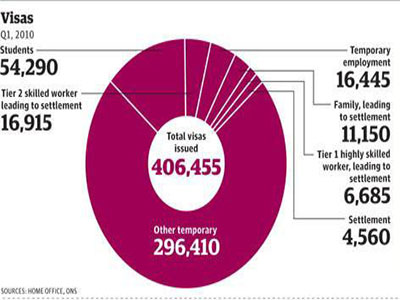
Anyone who is born in America is automatically a U.S. citizen, and for those people it may be difficult to understand the struggle for citizenship that many immigrants face. An immigrant’s status can vary from legal to illegal depending on how they entered the country. Legislation on immigration is a complicated process and here in D.C., the topic of immigration is heavily debated. There is a wide range of opinions on immigration and citizenship, often relating to political parties, which only complicates the matter further. Every day, people are affected by laws with regard to immigration, including students at WJ, and the fight for fair legislation continues. This topic is sure to be a volatile issue, especially in the fast-approaching 2016 presidential election.
However, this topic is very relevant today as on November 20, 2014, the President announced a series of executive actions to crack down on illegal immigration at the border, prioritize deporting felons not families, and require certain undocumented immigrants to pass a criminal background check and pay taxes in order to temporarily stay in the U.S. without fear of deportation.
According to the Center for American Progress, in 2012 the foreign-born population in the U.S. was 40.7 million people. 22,100,000 million of those people were not -citizens. Of these 22.1 million, 13.3 million people were legal permanent residents but because of the strict laws on obtaining citizenship, they did not have a full citizenship status. These new actions that Obama announced will surely impact these millions of legal and illegal immigrants in America.
Many students at WJ are from foreign countries and they can relate to the problems that some immigrants have with citizenship through either experiences of their own, experiences of friends or just general opinions about the topic.
Freshman Karina Soaresdossantos moved to America on June 5, 2014 from Brazil with her immediate family. Soaresdossantos will only live in the U.S. for one year, and afterwards will move back to Brazil, so she will not try to get a United States citizenship. However, because she is in the ESOL program at WJ, she knows people who have had problems obtaining citizenship.
“If you are [Hispanic, the U.S.] judges you, so it is a little bit harder to be a citizen,” said Soaresdossantos.
She feels that it is totally unfair that citizenship, and other political action by Hispanics is often biased. In 10 states like Texas, Mississippi, Georgia and more there are new strict photo ID laws that have been instated for this past election. This law requires that a voter must have a valid photo ID in order to vote, putting a huge disadvantage for the often poor minorities because of the difficulties in obtaining a photo ID. In addition, a Cooperative Congressional Election Study performed by Charles Stewart III and Stephen Ansolabehere found that Hispanics typically had to wait an average of 18.7 minutes to vote versus the white average of 11.6 minutes in the 2012 election.
If Soaresdossantos had control over it, race and background would not have to do with one’s rights regarding political actions. She feels that citizenship should be partly based on someone’s success in school, which would help more students become citizens.
In addition, the current law to be a citizen requires that an immigrant has to have lived in America for at least five years and be at least 18 years old, but Soaresdossantos feels that amount of time is unnecessary.
“People should have to work hard [to be a citizen] because it is such a great opportunity to come here,” Soaresdossantos said. “To be a citizen here one should not have to wait five years though. I just think that for kids who come here, their grades should have to be good for a few years.”
She believes more immigrants would come to America if it was easier to become a citizen, which would further enrich the country’s wide variety of cultures, a unique aspect of America that Soaresdossantos has really enjoyed in her time here.
Senior Rebecca Tobar and her friend, who wishes to stay anonymous, can relate to the immigration problems personally, as they both intend to stay in the United States. They both moved to the U.S. with their families from El Salvador and Chile respectively. Tobar moved in 2011 and her friend moved in 2009, but their experiences have been different because Tobar is a citizen and her friend is not, she here on a visa.
Tobar moved here because her mother married an American, and her friend moved because of her father’s job. Her friend has to wait seven years to apply, and after seven years her visa will also expire, which, as she pointed out, is a suspicious coincidence.
“I can’t work, I can’t vote, I personally do not have the same rights as other people so I’m not protected by the law. I don’t have freedom of speech,” said Tobar’s friend.“The laws [in America] are stricter and the consequences follow you.”
Even Tobar, a full legal citizen, has struggled with the law. Her family has had to spend a lot of money to become citizens and wait a long time, and it has been one of the hardest things Tobar has ever done. She feels strongly that the “American dream” is far from reality for many illegal immigrants. Tobar is frustrated by illegal immigration because of how hard her family had to work to become citizens.
“A lot of people from my country…come illegally, and in my opinion they shouldn’t, they should apply,” Tobar said. “They shouldn’t just come here illegally because they have a lot of problems. Illegal immigrants come without knowing English and believe that they will have a better life, but it is totally hard [here in America].”
Tobar feels that people from her country are misled into thinking that America will help them escape the difficulty of finding a job in El Salvador. In reality, their lives in America are expensive and they are often stuck in lower-class jobs.
Tobar also feels that too much focus is put on illegal immigrants, while the legal immigrants who are not citizens, such as her friend, are stuck in the red tape of citizenship and are not being helped by the law.
“At the end of the day the people that suffer the most are not the illegal immigrants, but the real legal immigrants,” Tobar’s friend said.

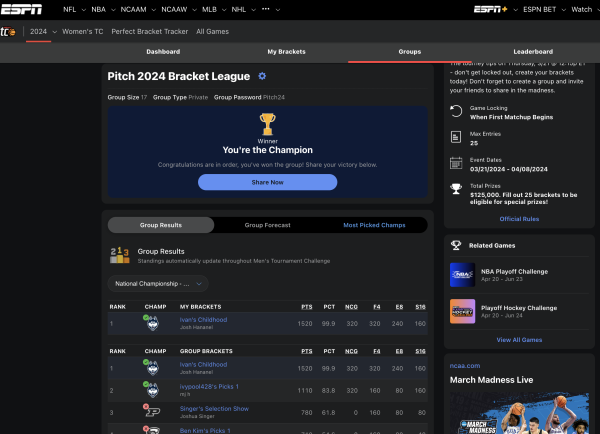
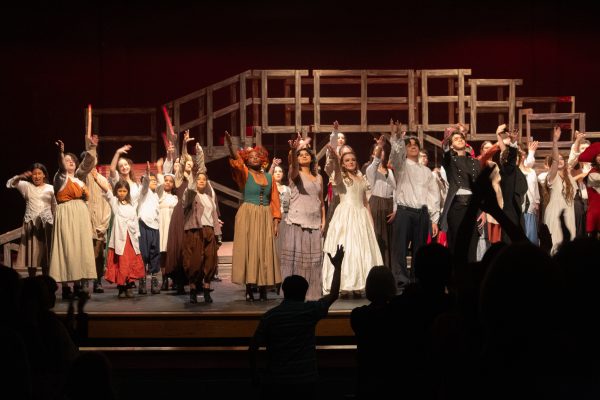
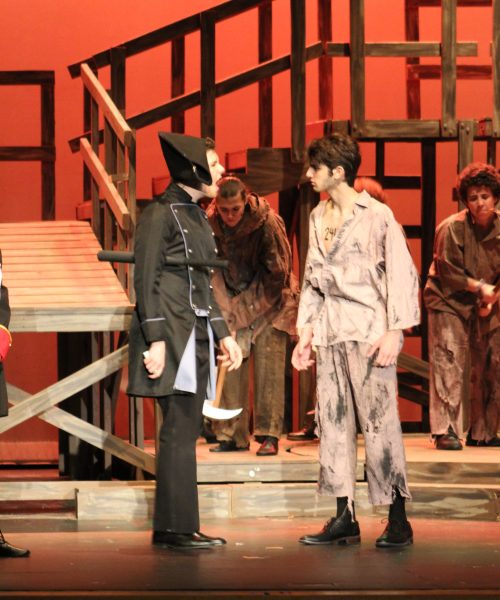


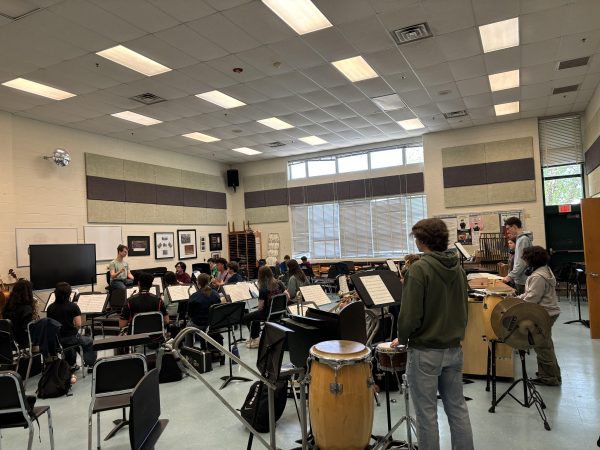
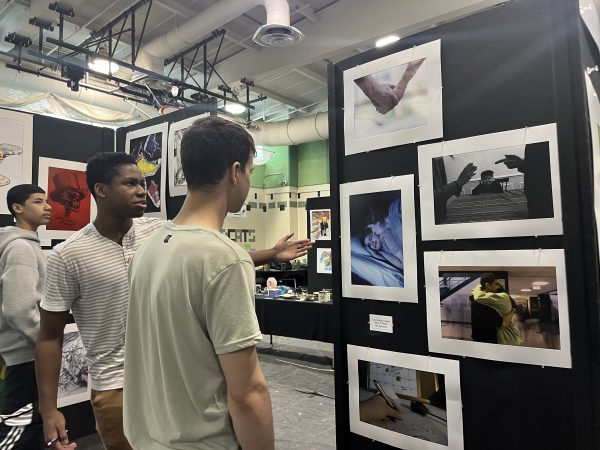

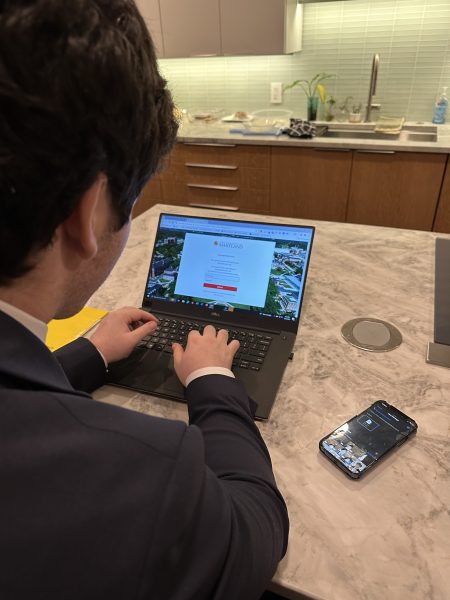




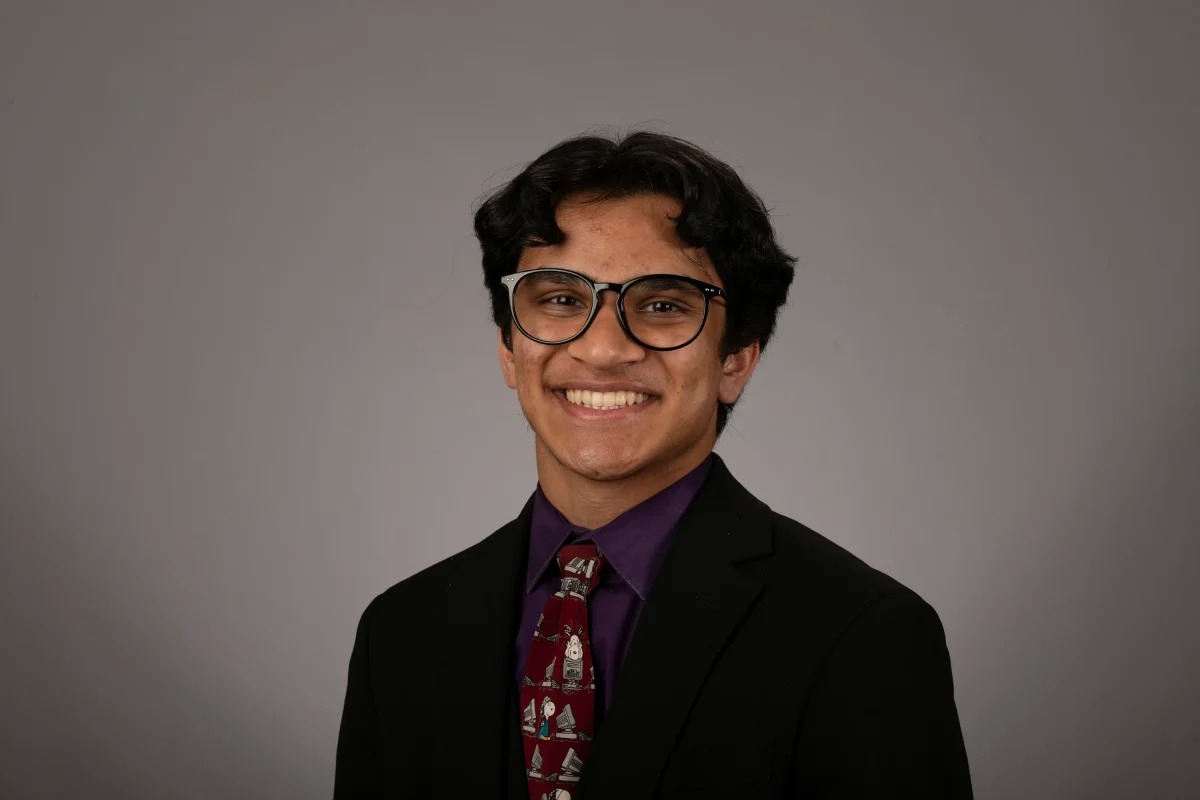
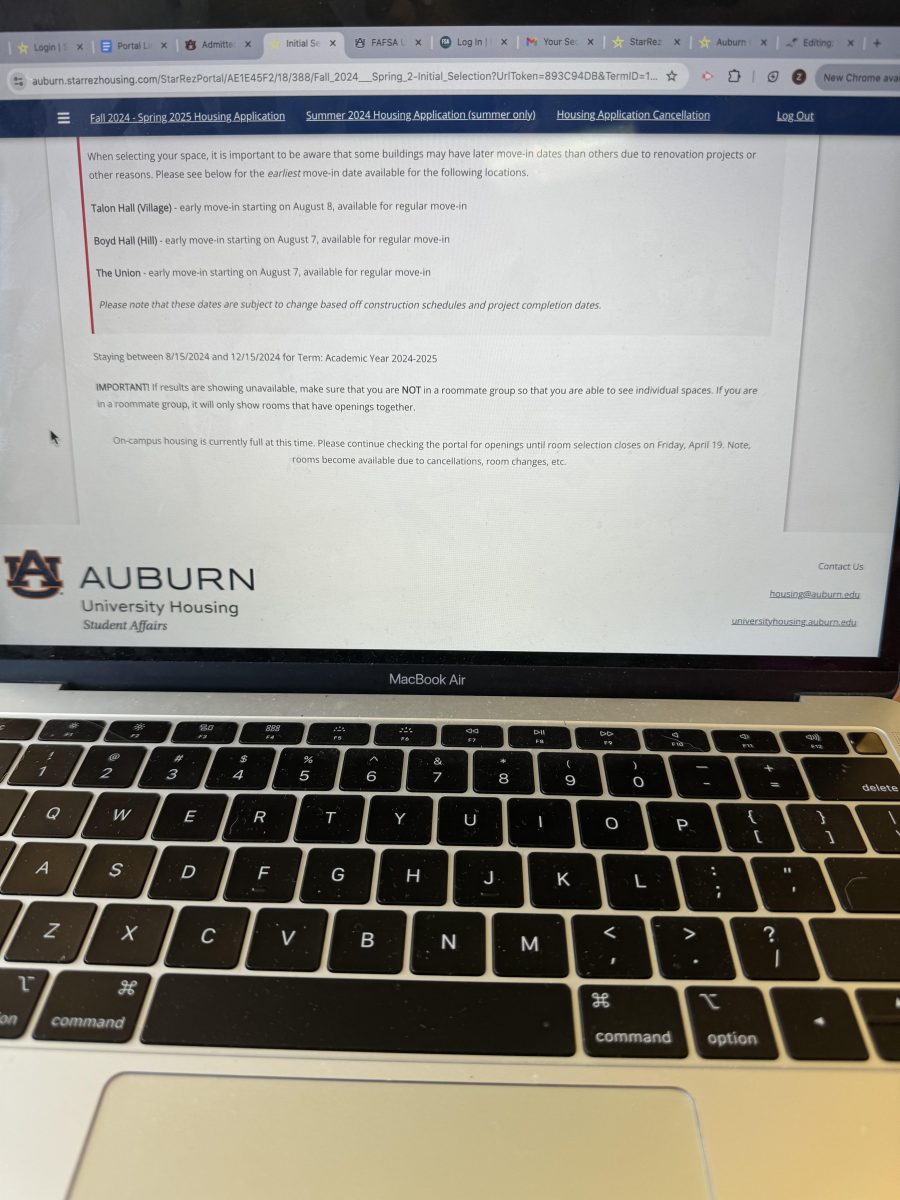
![Since the collapse of the Baltimore Bridge in late March, federal law enforcement has began investigating what preceded the event. In a statement to CBS News, a spokesperson for the FBI said, [The] FBI is present aboard the cargo ship Dali conducting court authorized law enforcement activity. There is no other public information available and we will have no further comment. (Courtesy Isaac Smay via Flickr)](https://www.wjpitch.com/wp-content/uploads/2024/04/53619368036_399400003a_b.jpg)